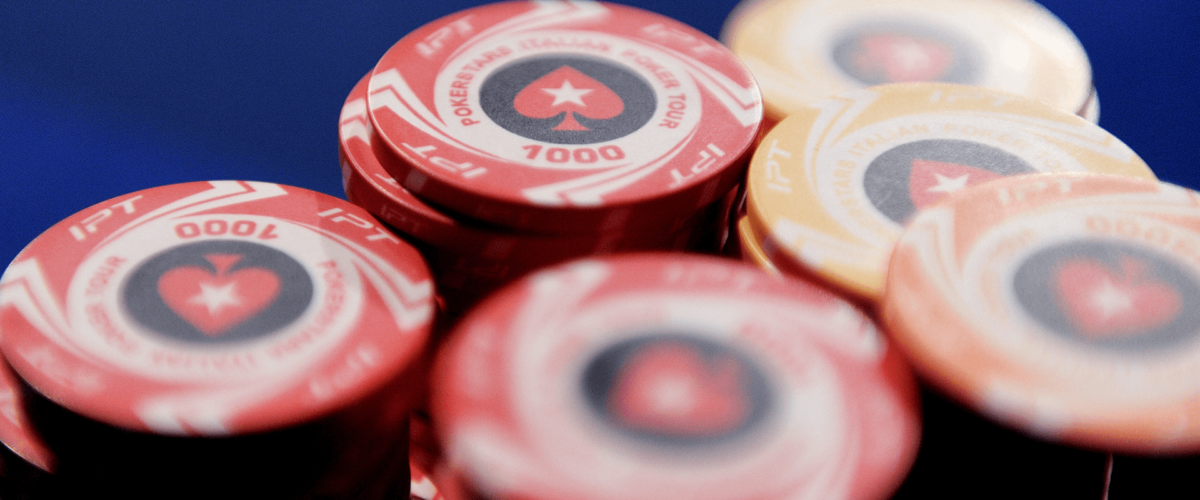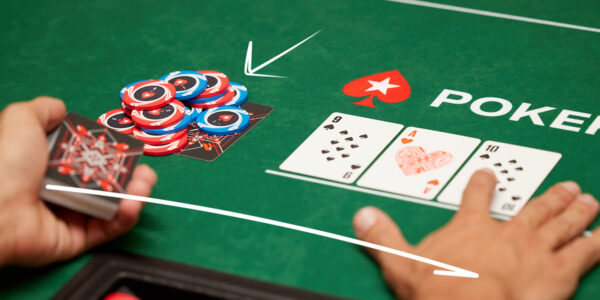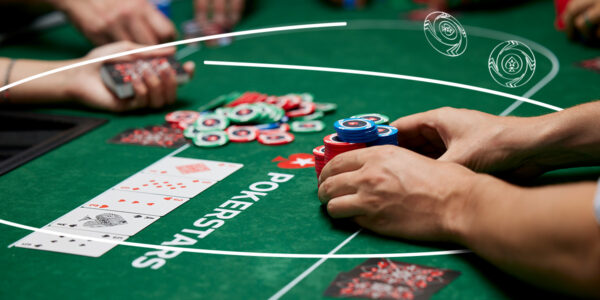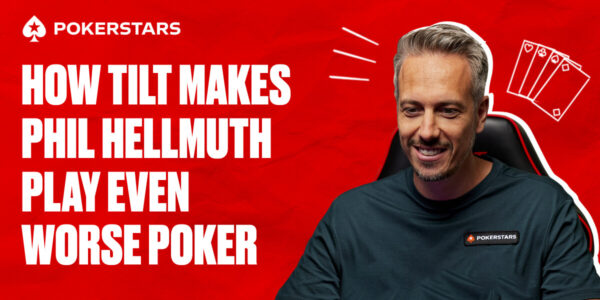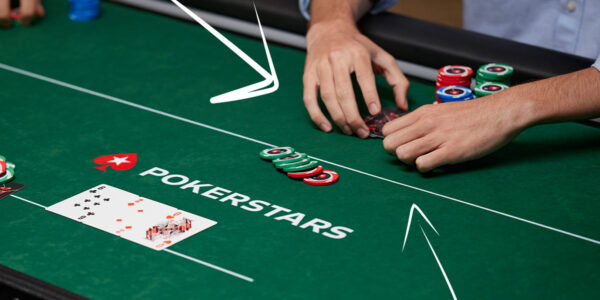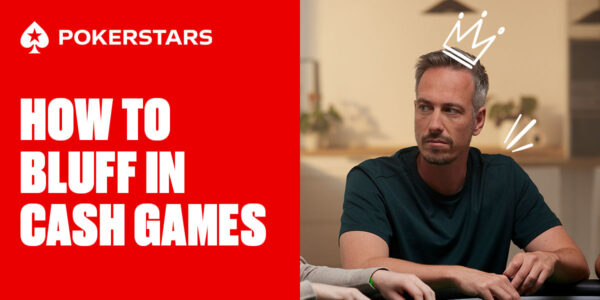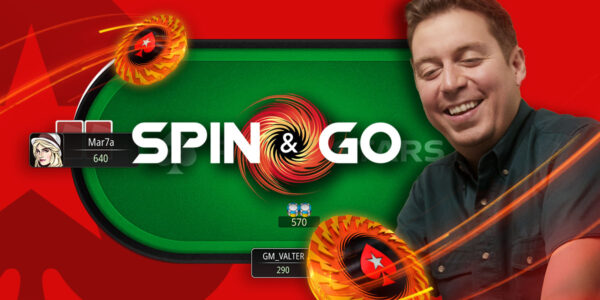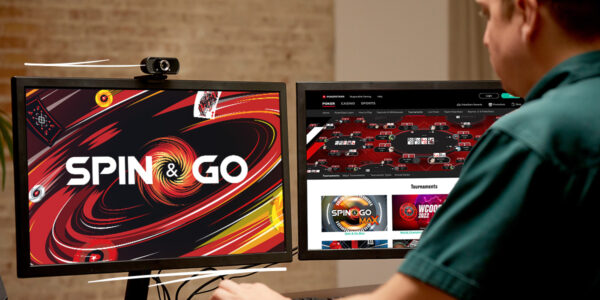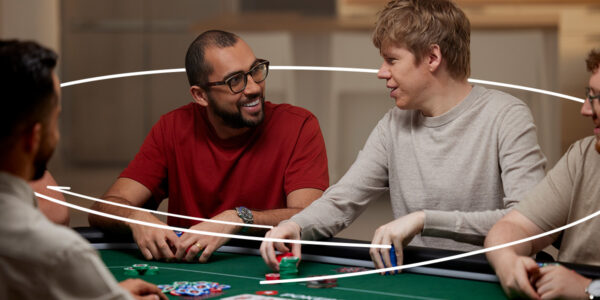Why You Should 3-Bet More in Cash Game Poker
In this poker strategy article we discuss why you should 3-bet more in a poker cash game.
I don’t mean you specifically, but then again, this probably does apply to you specifically. Most newer players commit the micro-stakes mistake of entering too many pots by calling and not enough by 3-Betting. Most people 3-Bet the premium hands, as they should; but many, fail to add extra hands to this range. Here are a few situations in which it pays to 3-Bet more aggressively than just the best stuff.
1. In the Small Blind
The small blind is a perilous position to do much flat calling from for three main reasons:
Our absolute position is terrible. If we go three-handed to the flop we will be at a large positional disadvantage from having to act first.
The Big Blind is still to act and might squeeze (3-Bet after one or more players has called a raise.)
Our pot odds are worse than when in the big blind.
Due to these pitfalls with flat-calling, we are heavily incentivised to enter the pot for a 3-bet or not at all on most tables. If there is an especially weak player still to act in the big blind, then developing some kind of flat calling strategy is certainly defensible, but otherwise, cut it out of your game. How wide then, should we 3-Bet in the SB? It really depends on the position of the open-raiser.
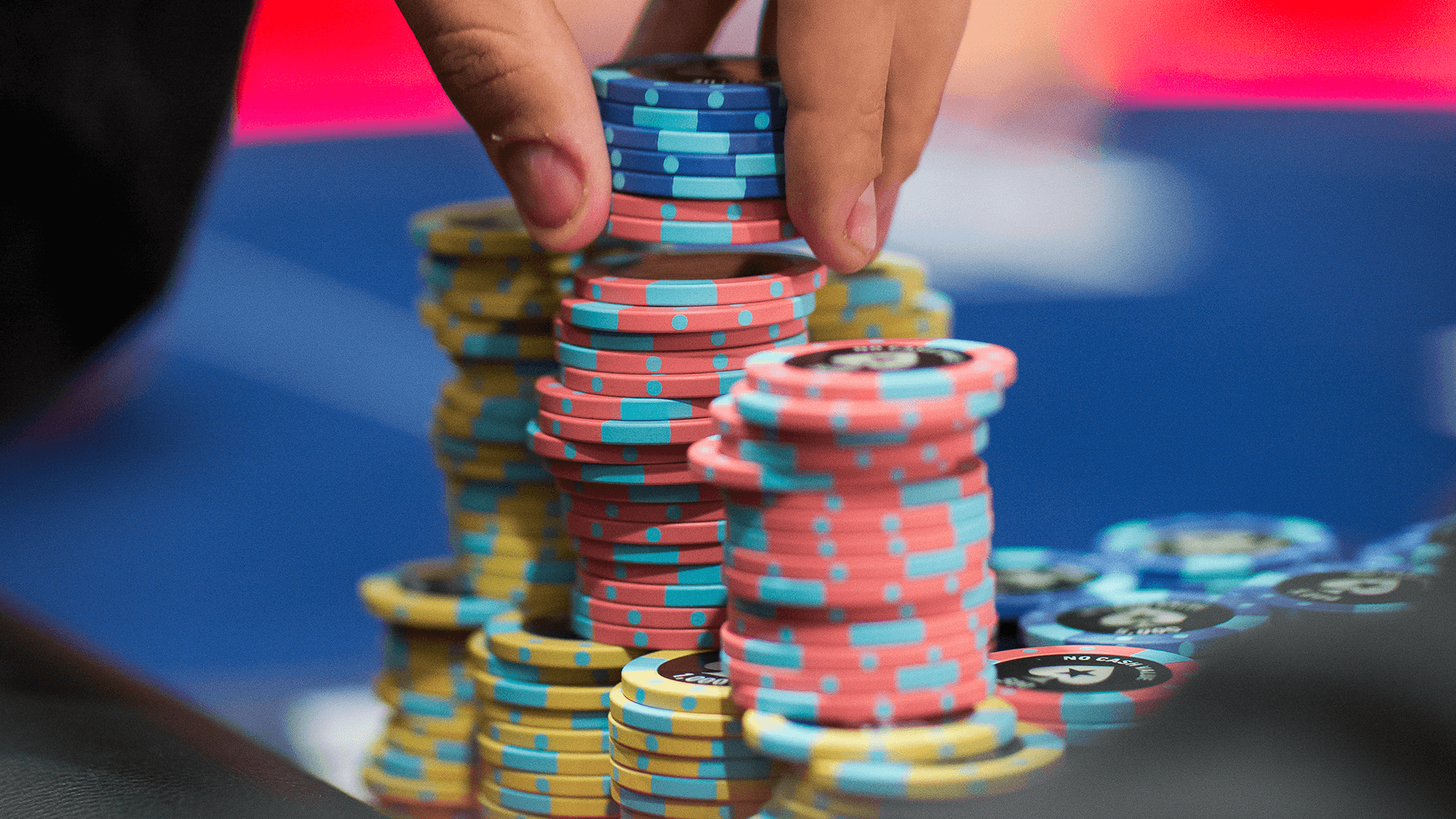

Let’s imagine that the BU is a proficient and aggressive regular and opens to 2.5BB. Our opponent’s range in this spot could easily span 50% of hands. If we take a small portion of this – say the top 15-16% of hands and 3-Bet we will make a lot of money. The reason for this guarantee of profit is that he has no feasible counter-strategy to such a 3-Bet range. If he folds a lot then we are automatically very profitable without even having to play many flops. If he calls a lot, then our range will be a big favourite and will retain a lot of equity post-flop. If he 4-bets a lot, we must simply adjust by 5-bet shoving more of our range, favouring hands like pocket pairs that have good equity vs. AK.
A sensible 3-Bet range in this situation would include some more speculative hands like A5s, 87s, and KJo. BU’s wide range justifies our range expansion.
2. Blind vs. Blind
In the big blind, when the small blind has opened, we have a battle of two very wide ranges. SB has a much harder time defending to 3-Bets than BU does due to being out of position post-flop. This means that when we are in the big blind facing an aggressive SB stealer, the best way to react is to 3-Bet him with a very wide range. Of course, it is also true that we would like to flat-call a lot of hands given that we are in position and closing the action for the street (no one is left to squeeze us.)
Consequently, I advise you to play a polarized and aggressive strategy as the BB against SB raises. Let’s explore what this entails.
Polarized means 3-Betting with two types of hands: very strong value hands and hands that are clearly bluffs and want to make Villain fold while still maintaining some dignity if they are called. The former group includes holdings like [AQs, AK and TT]. The latter group might feature hand like [64s, A5s and K5s].
Aggressive means that we will have a high 3-Bet frequency here, looking to apply pressure to the wide opening range.
Hands we usually want to avoid 3-Betting in this climate are holdings that play very well against a wide opening range but are easily dominated if they 3-Bet and get called and fail to flop any big hands. Holdings like KTo, JTo, and A8s, play much better as calls than as 3-Bets unless Villain is folding far too much to 3-Bets or handling 3-Bet pots very poorly compared with how he plays single raised pots. A8s here, will dominate [A2o-A7o], but if we 3-Bet with it, Villain folds these hands leaving us up against mainly larger Ax.
3. To Isolate Weaker Players
Weak players give us incentive to really 3-Bet very wide indeed for isolation purposes. As long as the weak player has a relatively wide opening range, we are eager to get him to ourselves and ensure that any regulars behind us have to pay dearly to get a piece of the action. Just earlier today, in a 6-max cash game, I found myself with JTo on the BU and an unknown player with 93BB min opened the CO. I quickly identified Villain as a likely more recreational player for two reasons:
- Regulars tend to automatically top their stack up to 100BB if they fall beneath it. Shorter stacks are usually not serious players.
- The min-open is quite rare in the CO from a regular. They would tend to raise something like 2.25BB or 2.5BB.
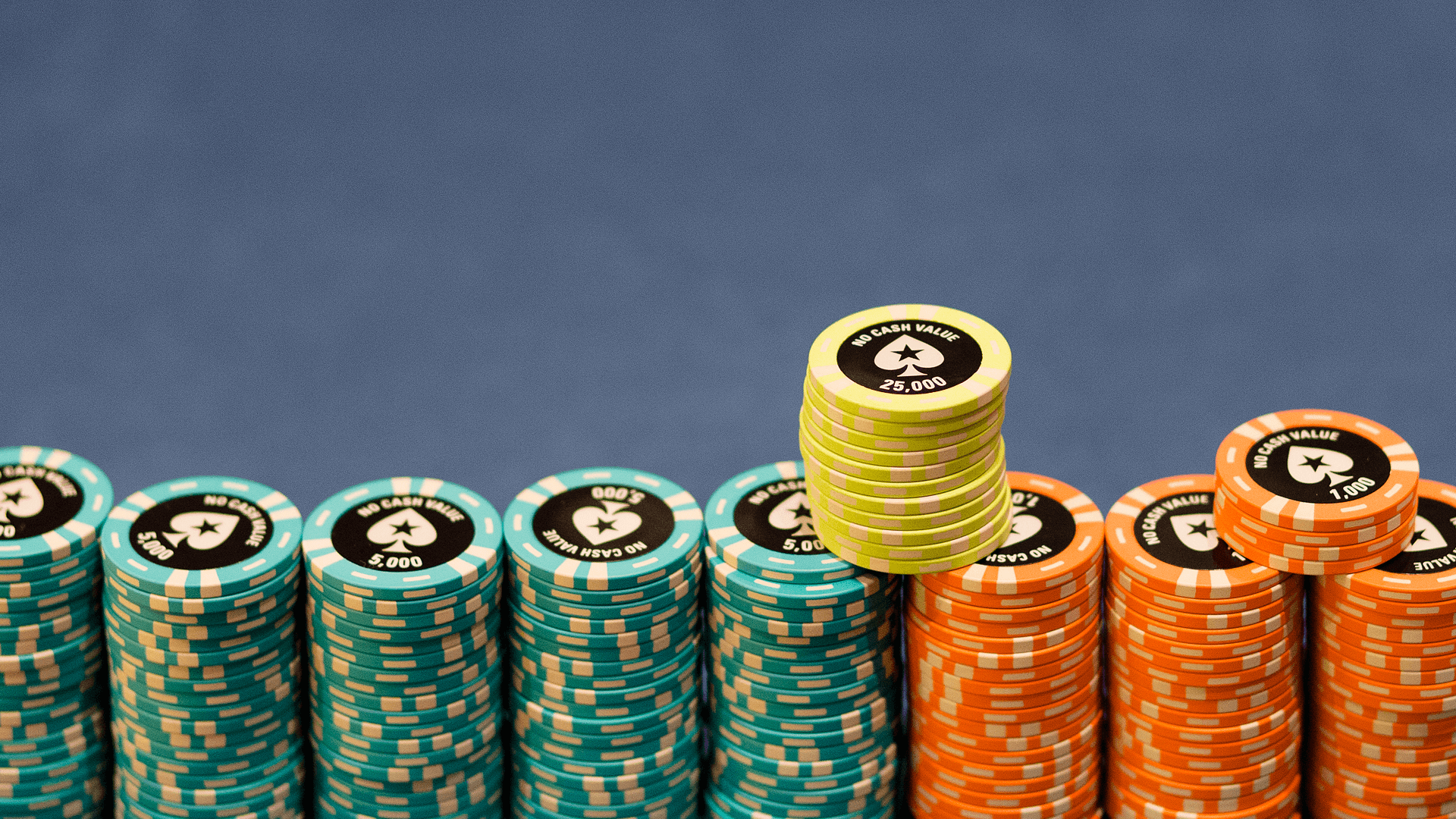

I would never normally choose to enter the pot with this hand, but my action, given my read on Villain, was to 3-Bet to 6BB. This small-raise serves the purpose of isolating this player and getting the chance to outplay him with the bonus of position.
It is unimportant here that my hand is not a favourite in terms of equity. While JTo may have just 40% or so vs. his continuing range to my 3-Bet, this is not where my EV (expected value) will come from. Rather, my long-term profit by making this 3-Bet comes from three things.
- Pre-flop fold equity – While I do not expect this player to fold to a 3-Bet too often, it can happen.
- Position – Life will be very comfortable getting to act last on every street post-flop.
- Skill Edge – Most recreational players will make things easy for me by playing fit or fold post-flop and surrendering a fair amount of pots due to the fact that their range is too wide in the first place and on the whole, this sort of opponent, lacks aggression.
Conclusion
3-Betting actively makes money – it’s that simple. Look out for these opportunities to add more aggression to your pre-flop game and increase your win-rate.


